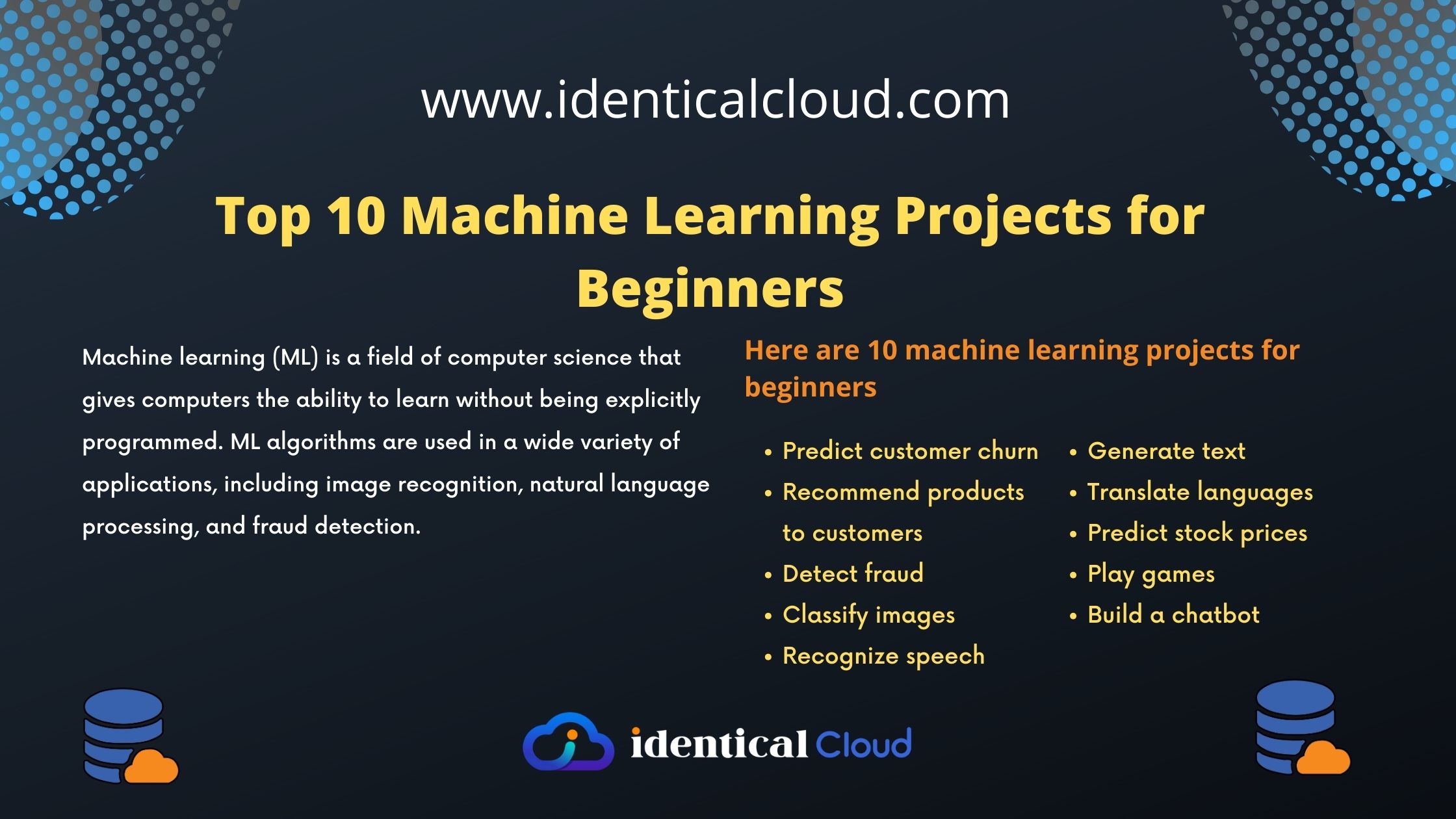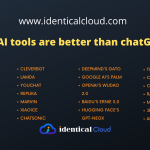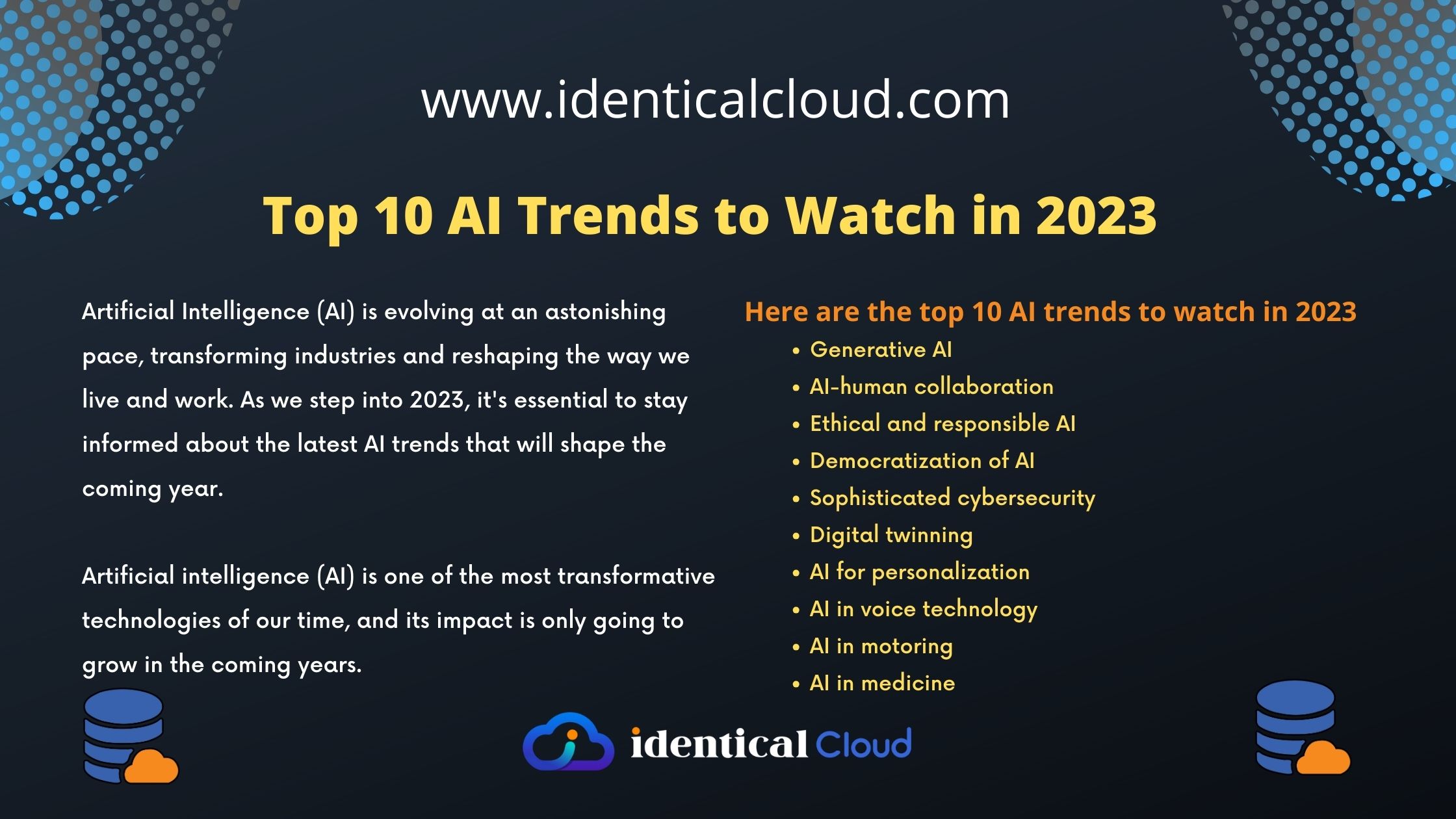Google and DeepMind Partner to Build the Future of AI
Google and DeepMind Partner to Build the Future of AI
In a major announcement today, Google and DeepMind announced a strategic partnership to accelerate the development of artificial intelligence (AI). The partnership will see Google invest $1 billion in DeepMind, and the two companies will collaborate on research, development, and commercialization of AI technologies.
DeepMind is a British artificial intelligence research company that was founded in 2010. The company is known for its work on deep learning, a type of machine learning that has been used to achieve impressive results in a variety of domains, including game playing, image recognition, and natural language processing.
Google is a global technology company that specializes in Internet-related services and products. The company is one of the leading players in the field of AI, and it has a strong track record of developing and deploying AI technologies.
The partnership between Google and DeepMind is a significant event in the field of AI. The two companies have complementary strengths, and they are well-positioned to accelerate the development of AI technologies that can solve real-world problems.
Here are some of the benefits of the Google-DeepMind partnership:
- It will accelerate the development of new AI technologies.
- It will help to make AI more accessible to businesses and consumers.
- It will help to ensure that AI is used for good.
The partnership is also likely to have a number of implications for the field of AI:
- It could lead to increased investment in AI research.
- It could help to legitimize the field of AI.
- It could accelerate the development of real-world AI applications.
The Google-DeepMind partnership is a major development in the field of AI. It is likely to have a significant impact on the future of AI, and it could help to usher in a new era of technological advancement.
Here are some of the potential applications of AI:
- Healthcare: AI can be used to diagnose diseases, develop new treatments, and improve patient care.
- Education: AI can be used to personalize learning, provide feedback, and help students to master new concepts.
- Transportation: AI can be used to improve traffic flow, develop self-driving cars, and make air travel more efficient.
- Energy: AI can be used to optimize energy use, develop new renewable energy sources, and reduce carbon emissions.
- Manufacturing: AI can be used to automate tasks, improve quality control, and reduce costs.
These are just a few of the potential applications of AI. As AI technology continues to develop, we can expect to see even more innovative and groundbreaking applications.










